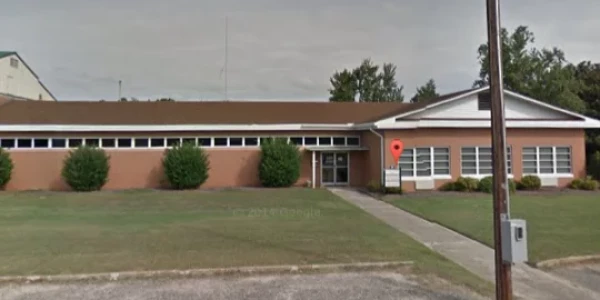1 Top Rated Alcohol and Drug Rehabs in Batesburg, SC 2026
The treatment centers presented on this page have been evaluated and ranked based on publicly accessible Google Reviews data to reflect facilities with the highest community ratings in Batesburg.

Local Rehabs in South Carolina
Trusted Expert-Verified Treatment Reviews
Our board-certified addiction specialists evaluate every center using 5 clinical criteria most sites ignore.
✓ Clinically reviewed by addiction medicine specialists
Board-certified doctors validate every rating and recommendation.
✓ No Hidden costs and insurance surprises
We expose true out-of-pocket expenses before you commit.
✓ Real patient outcome tracking
Success rates and recovery metrics, not just marketing claims.
✓ 100% editorially independent with no provider
Affiliations Your needs, not outside interests, drive every recommendation.
🏆 Helped thousands of families find treatment
Common Questions About Rehab in Batesburg
- Accreditation and licensing of the facility
- Availability of medical detox and evidence-based therapies
- Specialized programs based on patient needs (e.g., dual diagnosis, gender-specific care)
- Insurance acceptance and out-of-pocket costs
- Facility location, amenities, and reviews
The cost of Dual Diagnosis rehab centers in Batesburg, South Carolina is typically around $20,000.
Inpatient Programs:
- 30-day treatment: $20,000 (range: $10,000 – $30,000)
- 60–90 day treatment: $36,000 (range: $12,000 – $60,000)
Outpatient Programs: Average cost is $5,700 (range: $1,400 – $10,000).
Luxury Centers: Can cost up to $80,000 per month due to enhanced amenities and personalized services.
Pricing depends on treatment type, facility features, and duration of the program.
Dual Diagnosis rehab centers treat both substance abuse and co-occurring mental health disorders, which increases cost due to specialized care:
- Alcohol addiction: Costs increase by 30%, raising a 30-day program to $26,000
- Opioid addiction: Medication-assisted treatment (MAT) raises 60–90 day costs by 45%, totaling $52,200
The cost of Faith-Based rehab centers in Batesburg, South Carolina is approximately $50,000, representing 72.5% of the standard cost.
The average cost of a 30-day inpatient Faith-Based rehab program in Batesburg, South Carolina ranges between $45,000 and $55,000, which is slightly lower than the general inpatient average of $56,640.
This reflects a cost reduction of $1,640 to $11,640, or 3–20% less than standard inpatient programs.
Outpatient Faith-Based programs typically cost $1,400 to $10,000 for a 3-month duration.
The cost of LGBTQ+ rehab centers in Batesburg, South Carolina ranges from $20,000 to $30,000. On average, inpatient treatment ranges from $15,000 to $30,000 per month, while outpatient programs generally cost between $5,000 and $10,000 monthly.
Costs increase by up to 50% for specialized LGBTQ+ care due to tailored services and inclusive environments. For example, if a standard program costs $20,000, a specialized LGBTQ+ program may reach $30,000—a 50% increase.
Costs in areas like South Carolina may vary based on the type of substance and level of care. Treatment for opioid use can increase costs by 20–30%, adding $4,000–$6,000 to a $20,000 program. In contrast, treatment for alcohol addiction typically raises costs by 10–15%.


